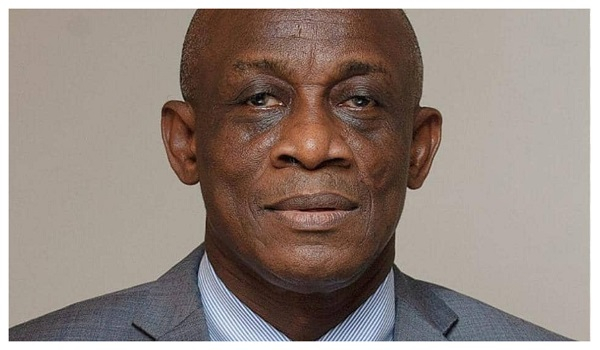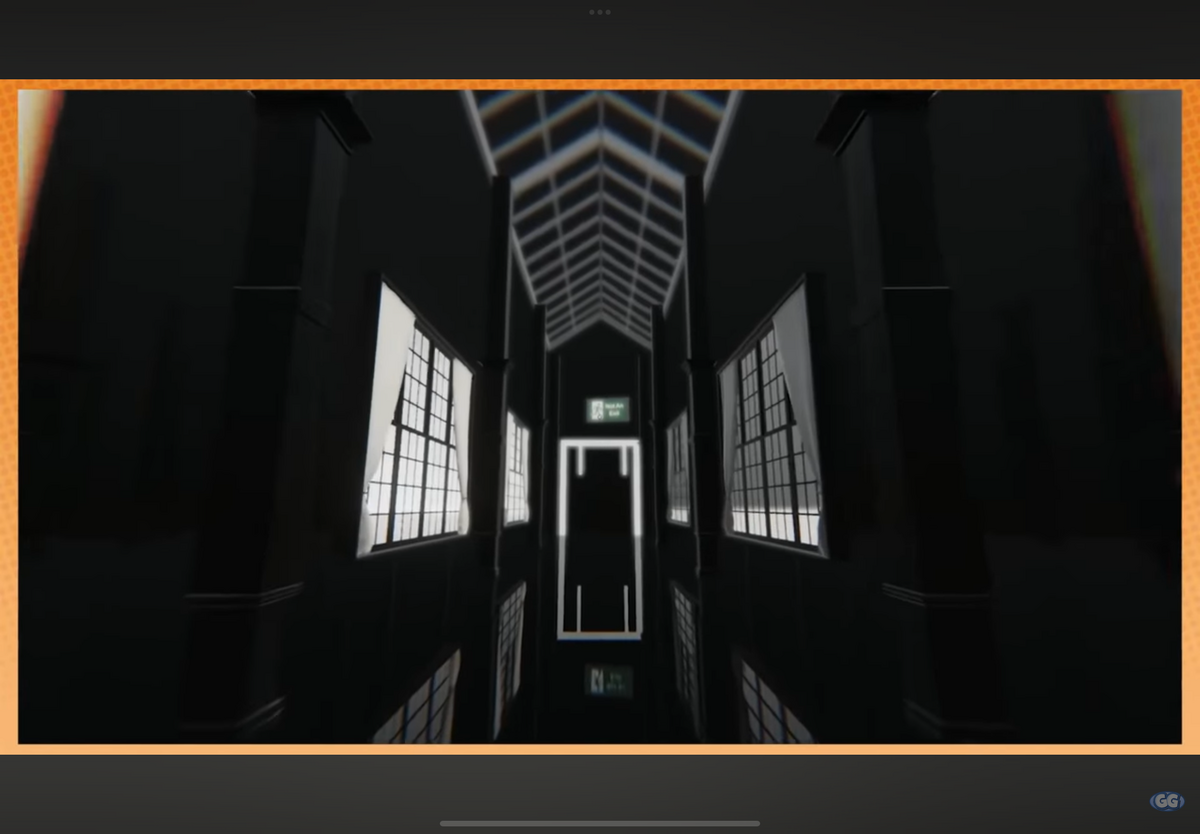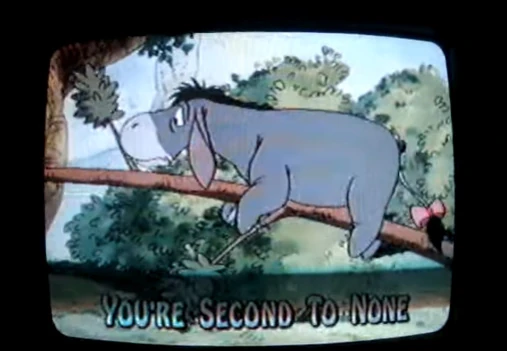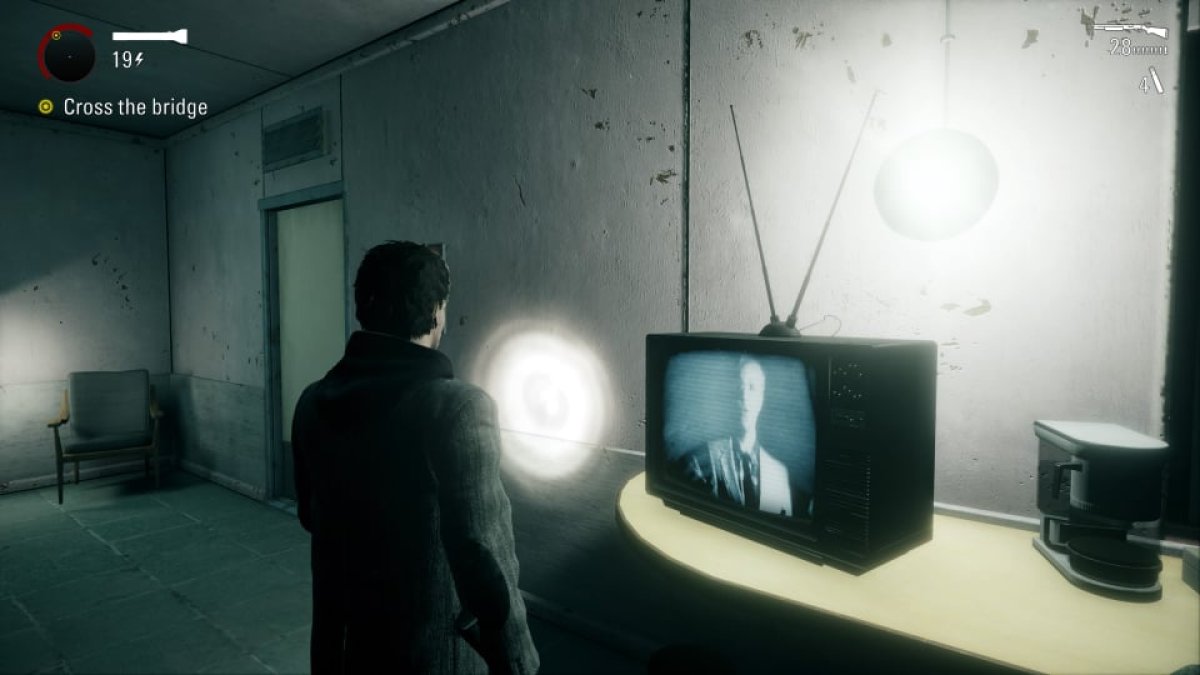Kim Rosenstock 'Dying For Sex' Interview
FX’s Dying For Sex, created for TV and showrun by Elizabeth Meriwether and Kim Rosenstock, is inspired by the story of Molly Kochan. The eight-episode series follows Molly just as she receives the news about her stage IV metastatic breast cancer diagnosis. Soon after, Molly decides to leave her husband of nearly two decades to explore her insatiable sex drive and unspoken desires. Kochan originally chronicled her dating journey via a Wondery podcast of the same name alongside her best friend, Nikki Boyer (played by Jenny Slate in the show). It was eventually released publicly in 2020, a year after Kochan died at the age of 45.
Here, Rosenstock explains the enjoyment and challenges of breathing life and taboo fun into someone on the edge of death.
No, I did not know Nikki out in the wild. The podcast had come to me through Liz Meriwether, who had a meeting with Nikki right before everything shut down for Covid. And the podcast had come to Liz through a producer friend. So, she met with Nikki, and there were a ton of people interested in turning the podcast into a television show because it’s amazing. Then Nikki really responded to Liz, and she won and got the podcast. Liz called me a few months later when things were getting started to ask if I wanted to make this with her. When she called me, it was about June 2020, and it was a rough time. I was alone in my house with a 4-year-old, trying to do my job while taking care of her. There were earthquakes, and Ruth Bader Ginsberg had died later that year. There were so many things going on, and Liz asked me if I would like to listen to the podcast, she had optioned to turn into a TV show, but it was about a woman dying of cancer. I paused initially because I thought, ‘I don’t know if I should really be listening to that right now.’ I’m really emotionally fragile in general. And she was like, “No, but it’s actually really uplifting and inspiring, and also it’s all about sex.” And I was like, OK, well, now you said sex. Send me that link; I’m interested.”
I didn’t see how dying and sex could go together necessarily, so that was interesting to me. So, she sent the podcast, and I listened and fell in love with it just like she had. Then we started working on it together for TV.

There were so many things that were surprising throughout the process of building the show. Both sex and death are still, in many ways, considered very taboo to talk about or to depict, especially in ways that we aren’t used to seeing. So, in my research on the show, I assumed that the things that would surprise me the most would be all the things I would be learning about the world of kink and BDSM. But the truth is what surprised me the most was all the stuff I learned about death and dying. It was learning things I really had no idea about. I feel that most of us in the room didn’t really understand exactly how the body is designed to be born and designed to die. And that if you, obviously barring any disastrous circumstances where there’s obviously lots of ways that you die, where it’s not a natural dying process, but if you do have a process where it is about the body shutting down and slowly dying, there is an actual order of events to it. And it is a very knowable thing that it doesn’t happen exactly the same way for everybody, but there are common and across the board.
Another thing that moved me is this beautiful book called Final Gifts [by hospice nurses Maggie Callanan and Patricia Kelley], that features all these case studies. And people will probably say to themselves, “Oh my God, why would I ever pick that book? It sounds like the saddest thing in the world.” However, reading it wasn’t as sad as one might think. It was super interesting and really enlightening, and it changed my life. It changed the way I think about the human body. It changed the way I think about my own mortality, my own death, and the death of the people in my life. It changed my perspective on death because I think for a lot of people, we don’t talk about that, and we don’t really want to think about it. It’s too scary, it’s too sad. But what was really cool in this book was that it shows you that across cultures, ages and countries there are patterns of the same things happening again and again.
For example, there’s a language that starts happening; it’s a sign that you’re getting closer to the end when you start talking in metaphors. It’s almost like a code, it’s a way of talking that often family members don’t understand why their loved one who’s dying is saying, “I want to go on a trip.” That’s a common phrasing that happens. If they start talking about travel, it’s because they’re talking about going on this trip to the other side. If we all learned about this and understood more, we might actually know how to understand our loved ones when they are in this stage, and we could take care of them better and show up for them better. And we would gain a deeper understanding of what’s happening. I think so much of this show is about caretakers as well and how to really show up and take care of somebody. I think part of it’s knowing what’s happening and not being afraid to learn about it and engage with the truth. Because when you learn about it, it makes it less scary or takes away some of the mystery, which is often where the fear resides in the unknown.
Liz and I, alongside all our writers in the room, were thrilled to bring this story to life on screen and share it with the world, sparking conversations and allowing people to grieve. Because, again, often, you don’t get this information unless you are literally in a situation where you’re in hospice. There’s so much beautiful literature out there about this topic. I think a lot of this show is about Molly getting to know herself and her body finally at the 11th hour. And that’s what she chooses to do with the end of her time. She’s not going to climb a mountain; she’s not going to write a novel. She is going to try to get to know herself, finally, on a deep level, and understand her body. So much of this show is really just about actually looking at these things that we don’t normally do in our daily lives.

Our hope was to take away shame in a lot of these topics that are just covered in shame, often in the way that we talk about or the way that we look at it. It really was a cue from the real Molly, who had this real acceptance and curiosity about sex, life and death that was true to her nature. It felt natural to put that on screen. We discussed putting things on screen that are usually a joke that we’re used to seeing as a punchline but brings a lot of people a sense of fulfillment, joy, and happiness in a way that it’s not that strange. We wanted these things to feel less strange and less shameful.
Another thing we were very interested in and excited about exploring on the show was this idea that a sick person can also be a sexual person. That’s something that the real Molly said. She had a lot of trouble finding, even in these cancer community groups that she was a part of, people weren’t talking about sex. And she felt weird. She felt like she was this anomaly or a freak. So, we were excited to show a sick person in the hospital still having sexual urges. It’s very funny because it’s such an unexpected place to see it, but that’s all based on the real person. She really would DM guys on apps and be like, “Come to the hospital. Here’s where I am. I’m in bed.” And then she’d put lipstick on as she was hooked up to an IV and just totally make out with or have a sexual encounter with somebody. And the nurses all loved her, so they would help make it happen – even though no one was supposed to be doing that.
ROSENSTOCK: Michelle was our dream actor for the role. We never imagined that she would actually say yes and do it. And then, to our great surprise, we sent her the script, we offered her the part, and we wrote her this love letter. We shot our shot, thinking that there was no way she was going to do this. Mainly because it’s a really demanding role that requires a lot of somebody. You could be an amazing actor but not necessarily want to do all of those things on screen, or it just might not be your cup of tea. To our amazing surprise, Michelle responded so quickly and, listened to the whole podcast, and fell in love with the real person. She got on Zoom with Liz and me and immediately began trying to get into the mind of this character, thinking about how she would play the role and what her voice would sound like. She was so invested.
DEADLINE: What did collaborations look like with her on depicting some of the more outlandish scenes?
She’s incredibly empathetic, naturally curious, and accepting. She’s so fearless as a performer. For the kink stuff, what was amazing is that, again, she didn’t approach this from a place of fear. We wrote some pretty wild things in the script, a lot of it based on the real person who did it, but we did end up leaving out some of the craziest stuff – we were so sad we didn’t even get to show. But no, there was never anything, I think that Michelle said no to. She was so excited about the dog peeing scene because it was so wild and crazy. I think she found it all to be really exciting and a joyful opportunity for her. I also think she was deeply moved by Molly’s genuine acceptance of others. And what that does to somebody else when you are accepting of them is that it makes them feel seen, less alone, and less ashamed. And I think she wanted to portray that radical acceptance on screen. And to do that, she has to have that acceptance. You can’t have an actor that’s scared of these situations or is judging them.

DEADLINE: What has the reception of the series looked like so far? Especially for Nikki Boyer, who worked closely with you all to tell this story about her friend.
ROSENSTOCK: Working with Nikki Boyer on this show, she was an EP, and she made herself very available to talk about her real-life experience with Molly was a huge gift to us because we had her blessing the whole time. She understood that we weren’t making a full biopic of Molly and herself. These were versions of them that we were creating for a television show, and that we were taking a lot of license and liberties with the story, and that we were using it as a source of inspiration and wanting to really honor the spirit of it and the humor of it but also wanting to make our own thing. And so, I think Nikki was so on board with that from the first moment. It was to have someone like that just give you that trust and be so open and generous with their time.
And she would get on the phone with me at 11:00 p.m. when we were working on the final episode. And I was asking her very serious, hard questions about these final moments when she was with Molly in the hospital. And I was like, can you tell me again what was in the room? Where was the cot that her mom was sleeping on? What else was it? And she would just send me photos of the hospital room. And so that level of generosity and thought and care, it embodies who Nikki is and wanting to be as supportive as possible. When she would get a cut of the show, she would get edits as we were working on them. She was always the first person to text me and Liz, sending us these voice memos to say things like, “It feels like me and Molly” or “It feels like Molly.” That meant more to us than, I think, almost anything. And it made us realize, ‘OK, we’re on the right path.’ Because, again, we wanted to honor the real lived experience of the real people that went through it. And we did not go through it, so the fact that we had word from Nikki that we were on the right path meant the world. Molly’s mom came to the premiere, but unfortunately, I didn’t get to meet her as it was such a crazy night. But apparently, she was moved by it, which also means the world to us.
This experience has meant so much to me and Liz. I think everyone who worked on the show has seen a multitude of responses from different communities. We were trying to portray as much realism, empathy and humor as possible. One of those communities that we heard from was the stage four metastatic breast cancer community. The fact that we’ve heard from them that it feels real to them, that the doctors feel real, and that the situations feel relatable was insightful. Someone sent a message from a support group for women with breast cancer that said, “It feels like it was written for us.” It said, “I don’t know how anyone who doesn’t have stage four breast cancer even wrote this show. It feels like it’s written in our language, and it’s written for us.” And that meant more than words can describe. Another friend of ours got a message from one of our writers who sent links to some Substacks related to the kink community who felt seen by the show. And I mean, that’s amazing too. Now I have to join all those Substacks. But again, it was so great to see people feel seen and feel that they were portrayed honestly and truthfully; that was our goal. So, if we accomplished that here, which I think we did, then that’s all that matters.
[This interview has been edited for length and clarity.]











